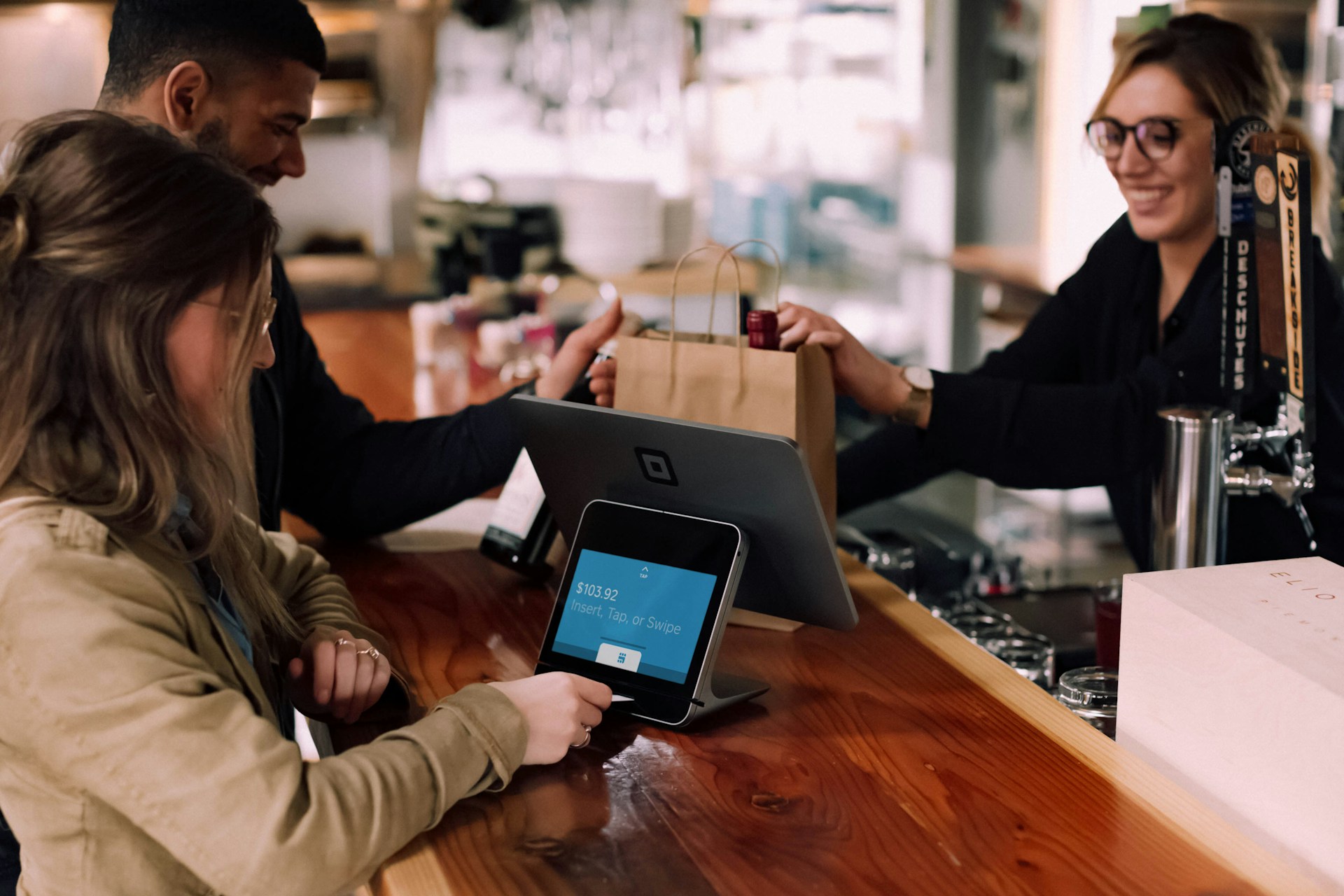
Is It Cheaper to Shop Zero Waste? Here’s How It Can Be
We are reader-supported. When you buy through links on our site, we may earn affiliate commission.
Zero waste lifestyles were once practiced mainly by a relatively small population segment. Now, many people are strongly considering transitioning to them, and significant numbers already have. But as individuals ponder the zero waste way of life, many wonder about expenses. Is it cheaper to shop zero waste? The answer is not as straightforward as many people might think.
Aim for Long-Term Affordability
Even with more people interested in zero waste items, conventional ones are still much more widely available. Many consumers still consider them niche items. Some companies attach higher-than-average price tags on these products, trying to capitalize on an emerging market.
But is it cheaper to shop zero waste when people purchase these products strategically? It often can be. Consider an example where a household goes through at least a box of disposable food bags per month. Switching to a reusable type requires paying a higher price at the start, but the purchasers can expect to use them for many years.
Similarly, trading paper towels for reusable cloths costs more for the initial purchase. However, they let people break the common cycle of repeat purchases of low-cost, disposable products.
The same is true when buying product refills of items such as cosmetics and deodorant. Opening the original container to pop in a refill is usually a much cheaper zero waste option than purchasing the single-use options.
Since it’s not always cheaper to shop zero waste products, people should make lists of the items usually costing them the most from month to month. Then, they can see if there are zero — or reduced — waste options to consider. Alternatively, consumers can set aside a small portion of their monthly budgets for the initial purchases of zero waste products. Then, they’ve factored the higher upfront costs into their spending plans, making them more manageable.
Visit a Zero Waste Grocery Store If Possible
A growing number of merchants specialize in products sold without packaging. Is it cheaper to shop zero waste by focusing on those options? Usually, yes. The offerings can be substantially less expensive than those in packages.
It’s also handy that most outlets allow customers to buy in bulk. Depending on the items, people could buy enough to last them for months — or even the whole year. Such situations help the overall costs balance out, even if it’s not always cheaper to shop zero waste for every item. For example, getting bulk products for several months helps consumers save on fuel costs they’d ordinarily spend making several trips instead of one.
However, not everyone lives near zero waste grocery stores. Fortunately, there are still options for cutting down or reducing disposable products. One easy tip is to bring reusable produce bags and put fresh items in those rather than the single-use containers many stores provide. Grabbing reusable grocery bags is also an easy win, whether visiting big-name supermarkets or local vendor fairs.
These examples are important steps toward waste reduction. Creating new habits with them makes reaching a zero waste goal easier.
Repurpose Stuff Formerly Considered Waste
Most people have had times in their lives when they threw things away without thinking about it. However, it can become cheaper to shop zero waste if individuals have mindset shifts away from that practice. The key is to think creatively about new uses for things that previously got thrown away.
It might mean turning an empty wine bottle into a candlestick holder or a vase. Plastic drink bottles can become storage containers for things ranging from coffee beans to sugar. Seeing former trash differently is an effective method for reducing the purchases of new products.
Adopt a strategy of scrutinizing everything before putting it in trash or recycling bins. Food containers made from glass are so durable that they can become storage options for almost anything else once rinsed. Another possibility is to use junk mail or unneeded receipts as scrap paper.
Since it’s not always cheaper to shop zero waste, conscious consumers should prioritize repurposing them. Then, people help the planet by minimizing what they treat as garbage.
Fix Products Instead of Discarding Them
Many people complain about how the things they buy don’t last as long as they used to or should. And they’re right. Many manufacturers embrace a concept called planned obsolescence. It involves designers, engineers, and others involved in product development specifically making decisions to limit an item’s useful life.
It doesn’t help that brands associated with everything from cars to smartphones encourage people to buy new versions of products much earlier than necessary. However, a zero waste-minded way to resist the trend is to repair products once they break.
Community gatherings at so-called repair cafes make it easier to fix items with little or no previous knowledge. There are even specialty fix-it services accepting broken products by mail.
Attempting to repair things instead of automatically replacing them can be daunting at first, especially when it involves learning new, technical skills. However, one of the great things about the internet is it connects eager learners with people ready to share their knowledge.
Many people also see this approach as under the zero waste umbrella because it extends the time before items end up as trash. It’s also often much cheaper to fix an item than buy a new one.
Get Discounts for Reducing or Eliminating Waste
Another way it becomes cheaper to shop zero waste is when people go to places that reward them for taking certain actions. For example, coffee shops often sell discounted beverages to consumers who bring reusable cups.
Too Good To Go is an app with 80 million users from 17 countries. It allows people to get surprise bags of discounted food. Although they won’t know the contents ahead of time, users play active roles in keeping consumables from landfills.
Body product brand LUSH also accepted 720,000 returned containers from customers in 2022. People in the United Kingdom and Ireland can either get money or free products for bringing those back. Kiehl’s and L’Occitane also have similar initiatives in some areas.
Programs like these are becoming more common. They’re practical ways people can make it cheaper to shop zero waste for qualifying items.
When Is It Cheaper to Shop Zero Waste?
These examples provide tips to make a zero waste lifestyle more affordable. Try these tips to buy more zero waste items while sticking to a budget.
Share on
Like what you read? Join other Environment.co readers!
Get the latest updates on our planet by subscribing to the Environment.co newsletter!
About the author
Rachel Lark
Rachel serves as the Assistant Editor of Environment.co. A true foodie and activist at heart, she loves covering topics ranging from veganism to off grid living.





